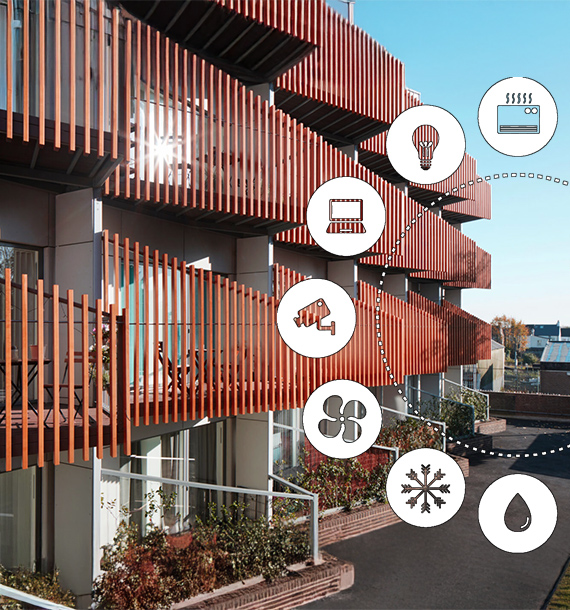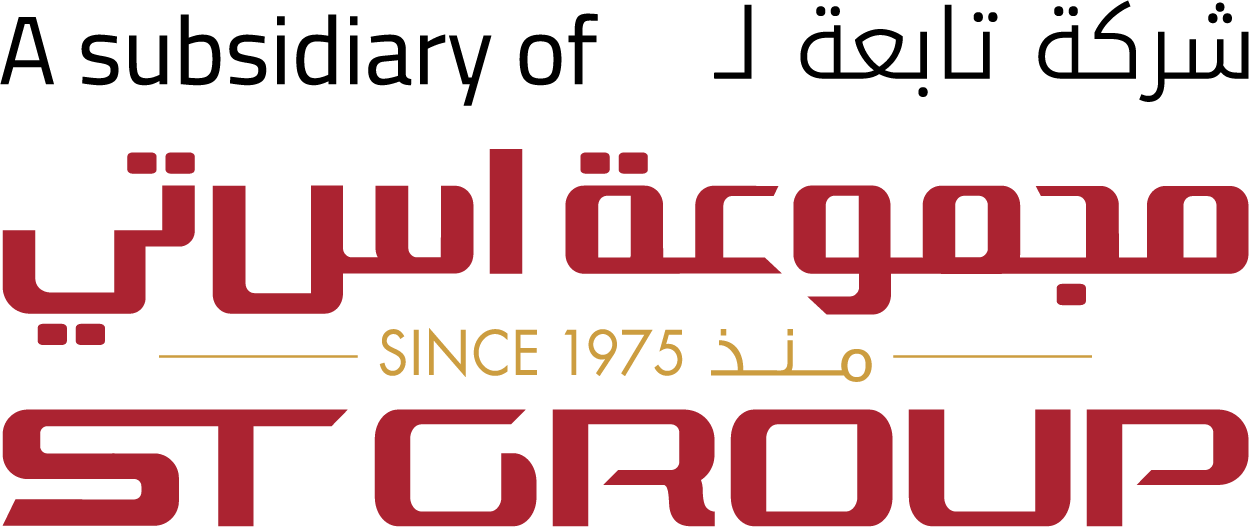Contact our team of excellence-driven experts today to bring your project to life.
By upgrading inefficient systems and reducing overall energy consumption, retrofitting dramatically lowers a building’s greenhouse gas emissions. It conserves the embodied energy and carbon already invested in the existing structure, a key advantage over new construction. By re-using and adapting existing structures, retrofitting minimizes construction and demolition waste and conserves raw materials. Retrofitting reduces reliance on fossil fuels by incorporating renewable energy sources. Improvements to a building’s energy systems can lead to substantial, long-term savings on utility bills and reduced maintenance costs. Financial benefits from reduced energy consumption and higher market value can lead to a positive ROI over time. Many governments offer grants, tax credits, or low-interest loans to incentivize retrofit projects, which can significantly offset the initial costs. Buildings that are more energy-efficient and sustainably upgraded are more appealing to tenants and buyers, increasing their market value. Integrating smart technologies, such as advanced energy management systems and IoT sensors, during a retrofit ensures the building remains modern and competitive. Smart building systems can use AI to predict when a system will need maintenance, reducing downtime and lowering repair costs. Retrofits can significantly enhance indoor environmental quality by improving air quality, thermal comfort, and better temperature control eliminates drafts and cold spots. Retrofitting can bring older buildings up to date with modern building codes and environmental regulations, avoiding potential penalties. For older or historical buildings, retrofitting is a way to preserve architectural heritage while upgrading the structure to meet modern performance and safety standards. Retrofitting can extend the building’s functional life for decades.
Environmental Benefits
Reduced carbon footprint
Resource efficiency
Energy efficiency
Economic Benefits
Lower operating costs
Better return on investment (ROI)
Government incentives
Increased property value
Technological Benefits
Futureproofing
Predictive maintenance

Social and Health Benefits
Improved comfort and health
Regulatory compliance
Preserved heritage
Extended building life















